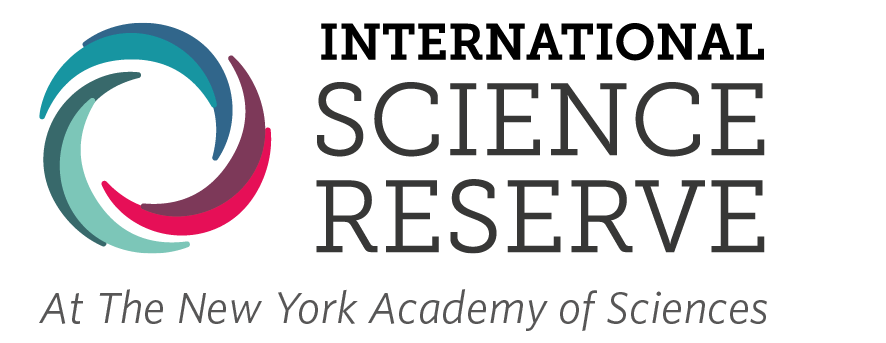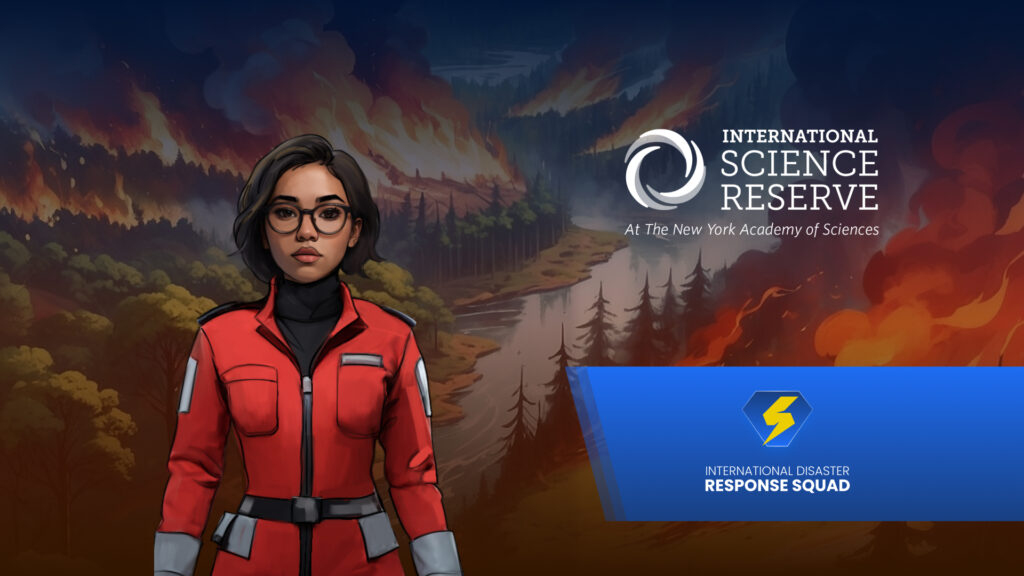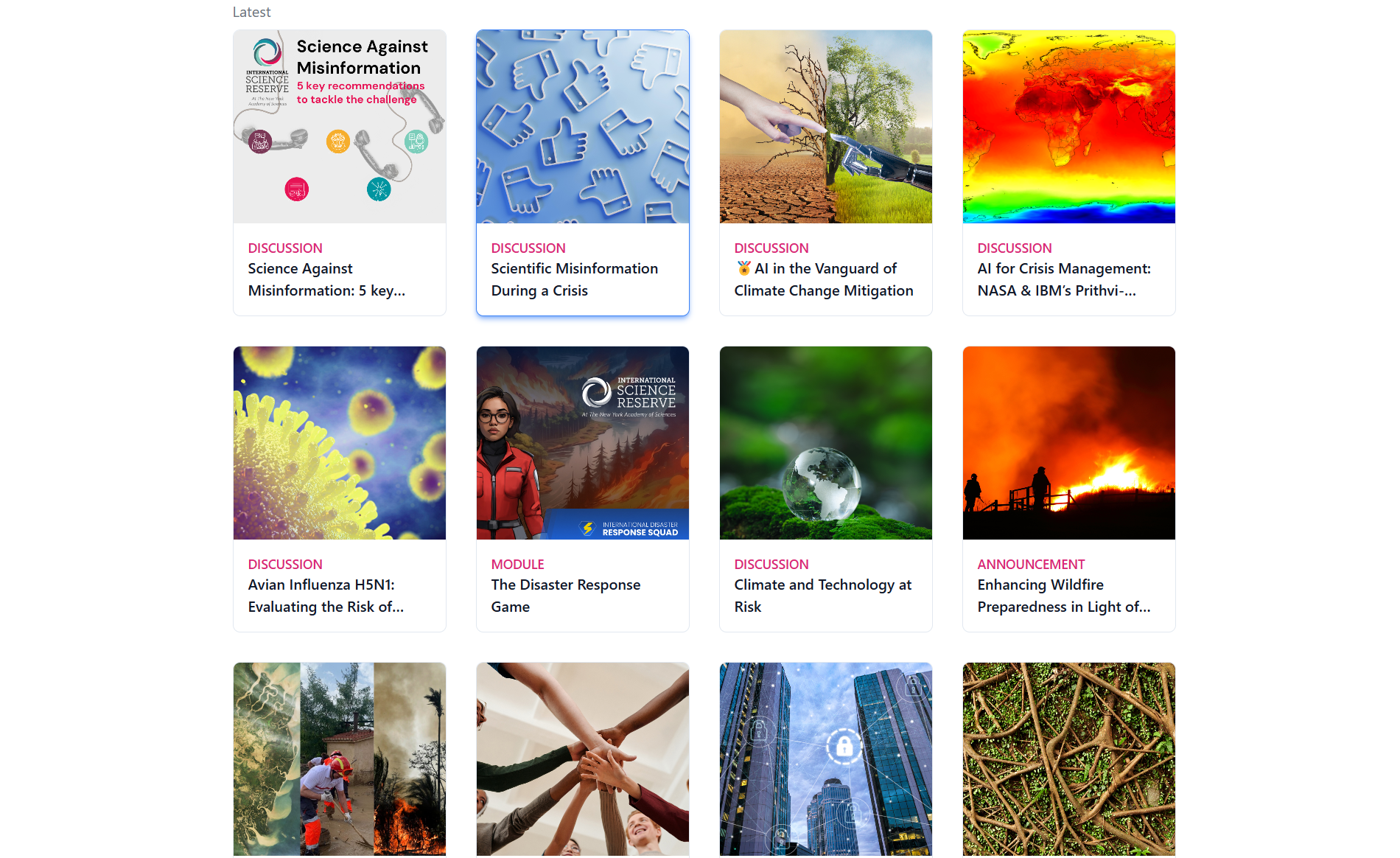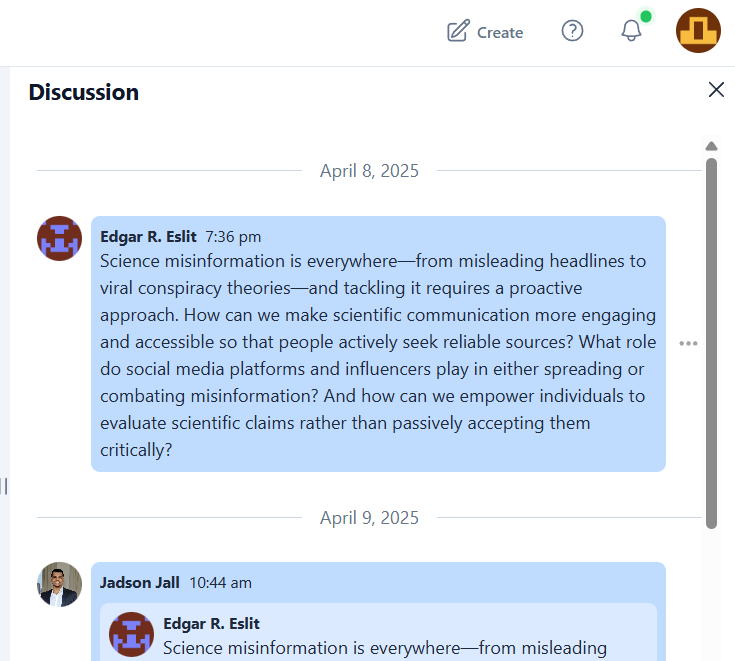A Science Community for Crisis Preparedness
The International Science Reserve’s community is a network of over 20,000 scientists and scientific institutions from around the world working together to accelerate research to address complex global crises.
Most ISR members work within the fields of behavioral & social science, data & technology, physical sciences & engineering, environmental sciences, or life sciences & medicine.
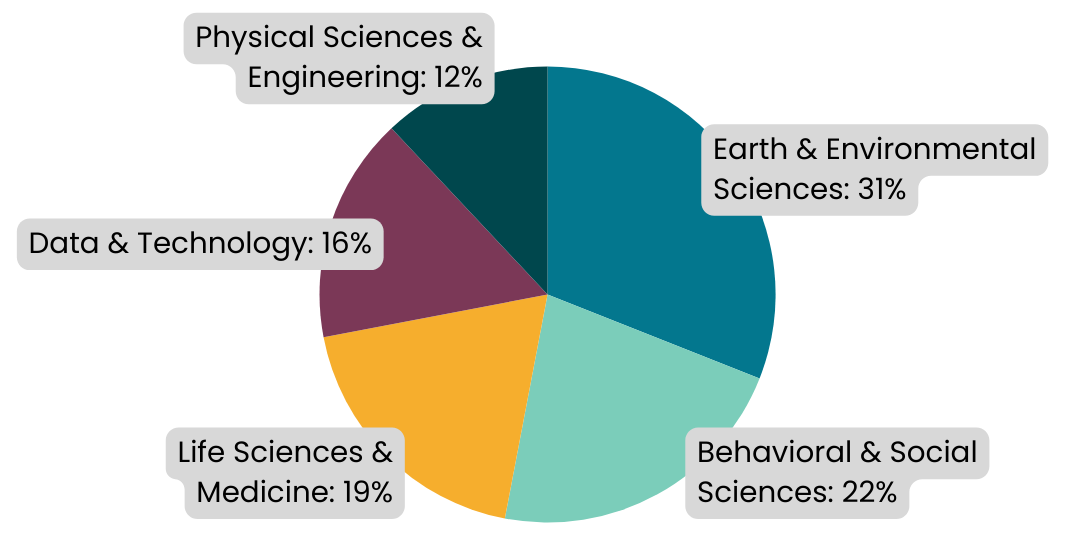

A Global Network for Solutions
Many of today’s most pressing issues—public health, climate, energy crises—are inherently global. Collaborative research ensures solutions are informed by diverse perspectives and applicable across different regions. The ISR pre-positions resources for scientists and researchers to connect quickly across borders, potentially bypassing extensive applications or long waits for approvals.
This global community comes together directly via the ISR Digital Hub – an online space to connect, collaborate, and analyze how to apply skills and research in different disasters.
Our members span from institutions from over 100 different countries.




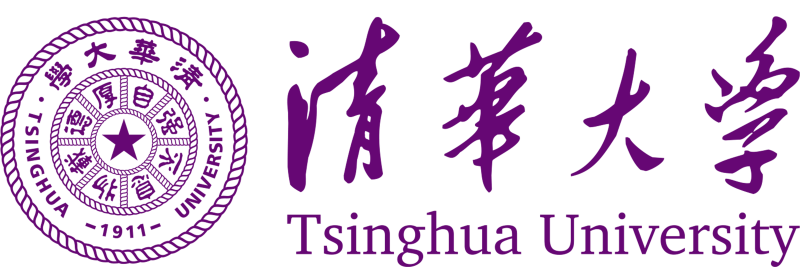
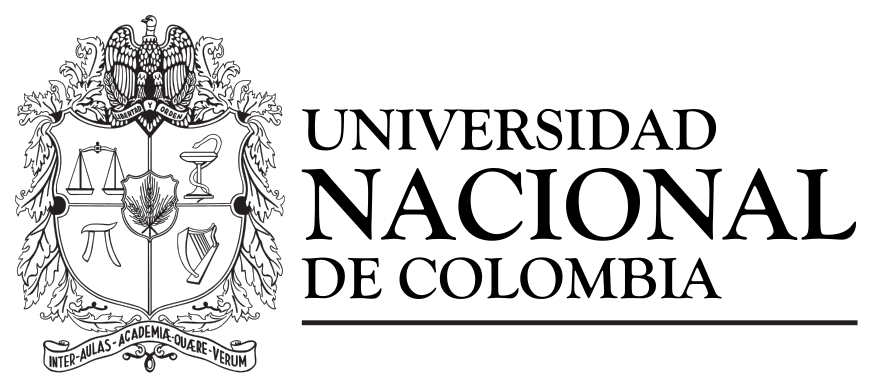
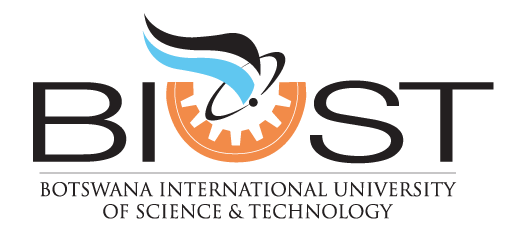

Role Playing Crisis to Prepare for Real-Life Disaster
When a crisis hits, there are complex decisions that leaders must make to protect people and reduce the impact on society and the environment. The ISR’s Serious Games are one of many ways to engage with scenario planning and knowledge building. The ISR Digital Hub community is the first to access newly published exercises.
The Digital Hub experience:
• Explore response scenarios: Access Serious Games – or simulation exercises – to help explore risk and consider responses to situations like public health crises and climate change-linked hazards.
• Sharpen your strategic thinking: Increase decision-making and collaboration skills to prepare for crises.
• Unlock exclusive resources: Access resources to accelerate research.
• Turn research into solutions: Contribute to crisis solutions through real-world application of your research.
• Engage in global dialogue: Participate in transdisciplinary, global discussions with fellow experts.
• Advance your career and influence: Develop in your field through knowledge sharing, networking, and community connections.
FAQs
I am already part of the Digital Hub. How do I login?
You can login using this link. The login link can also be seen in the top right-hand corner of your web browser. We recommend accessing the hub via a computer.
What is the difference between signing up to join the ISR and joining the Digital Hub?
When you sign up on the ISR website by sharing your contact information, you’re joining our network to receive the monthly ISR newsletter. After signing up, you’ll automatically receive an email with instructions on how to register for the Digital Hub—a separate platform where you can access exclusive resources and collaborate with other members.
Not receiving the code to log on? Other log on problems?
When you join the ISR, you will receive an email confirmation with a link to register for the digital hub. You must complete this step before you can log on to the hub.
If you are having a problem logging on, chances are you did not finish registering for the hub. Please join the ISR again, and follow the instructions sent to your email address.
Want to update your hub information?
If you would like to change the email address you use for the ISR’s Digital Hub, please contact us at isr@nyas.org. Currently, user account updates cannot be changed through your individual hub account.
Need more help?
Email us at isr@nyas.org. If this is related to a technical issue with the digital hub, please include any necessary details, so that we can direct your inquiry to the right team.
